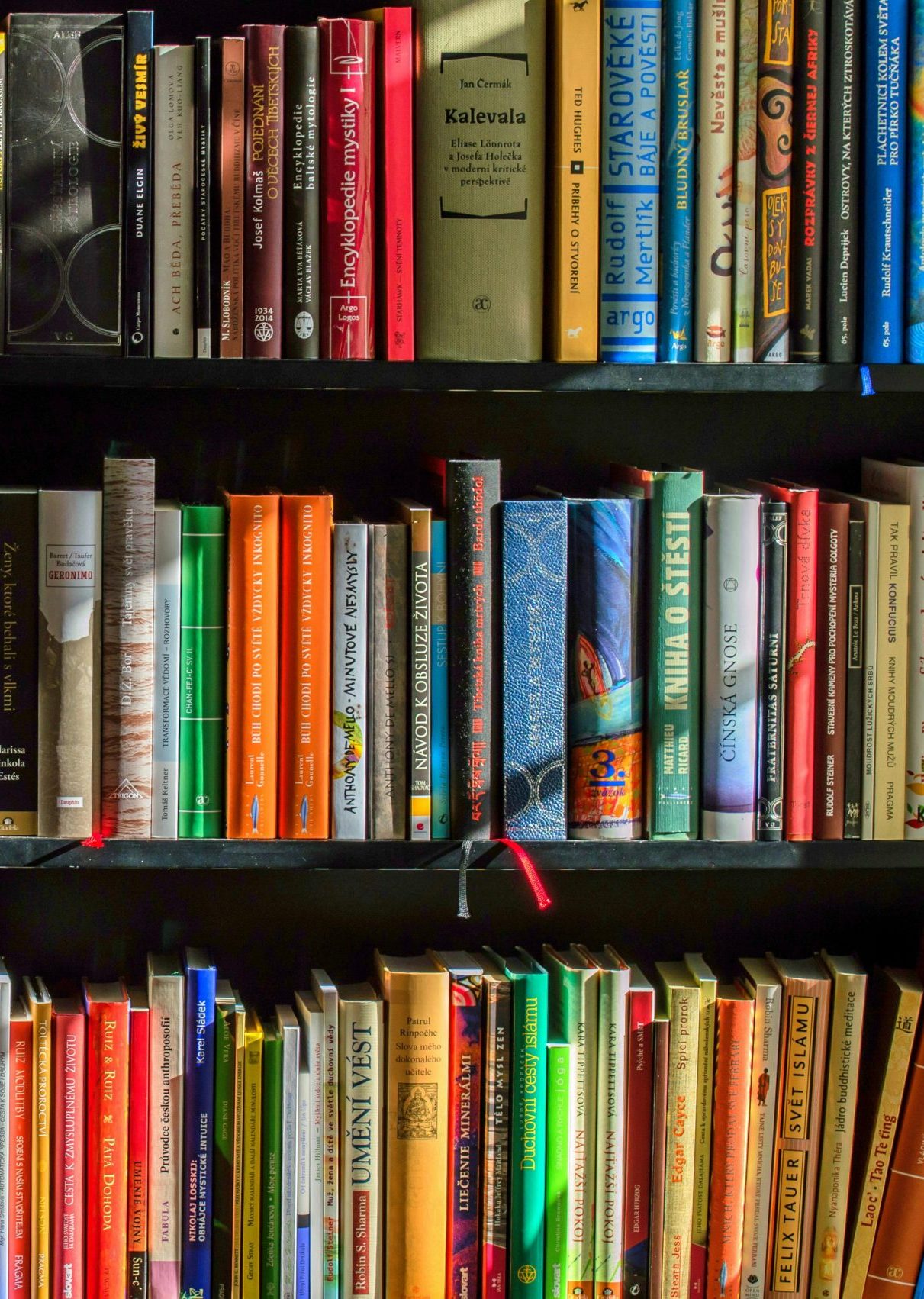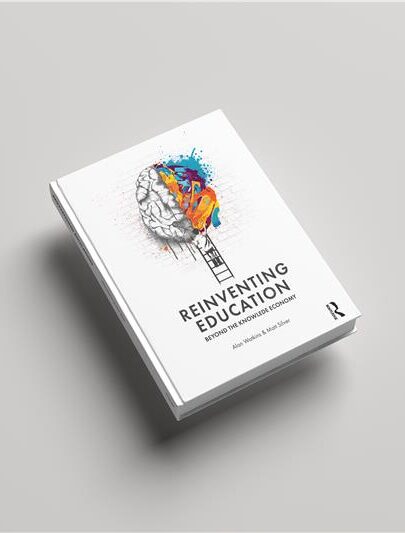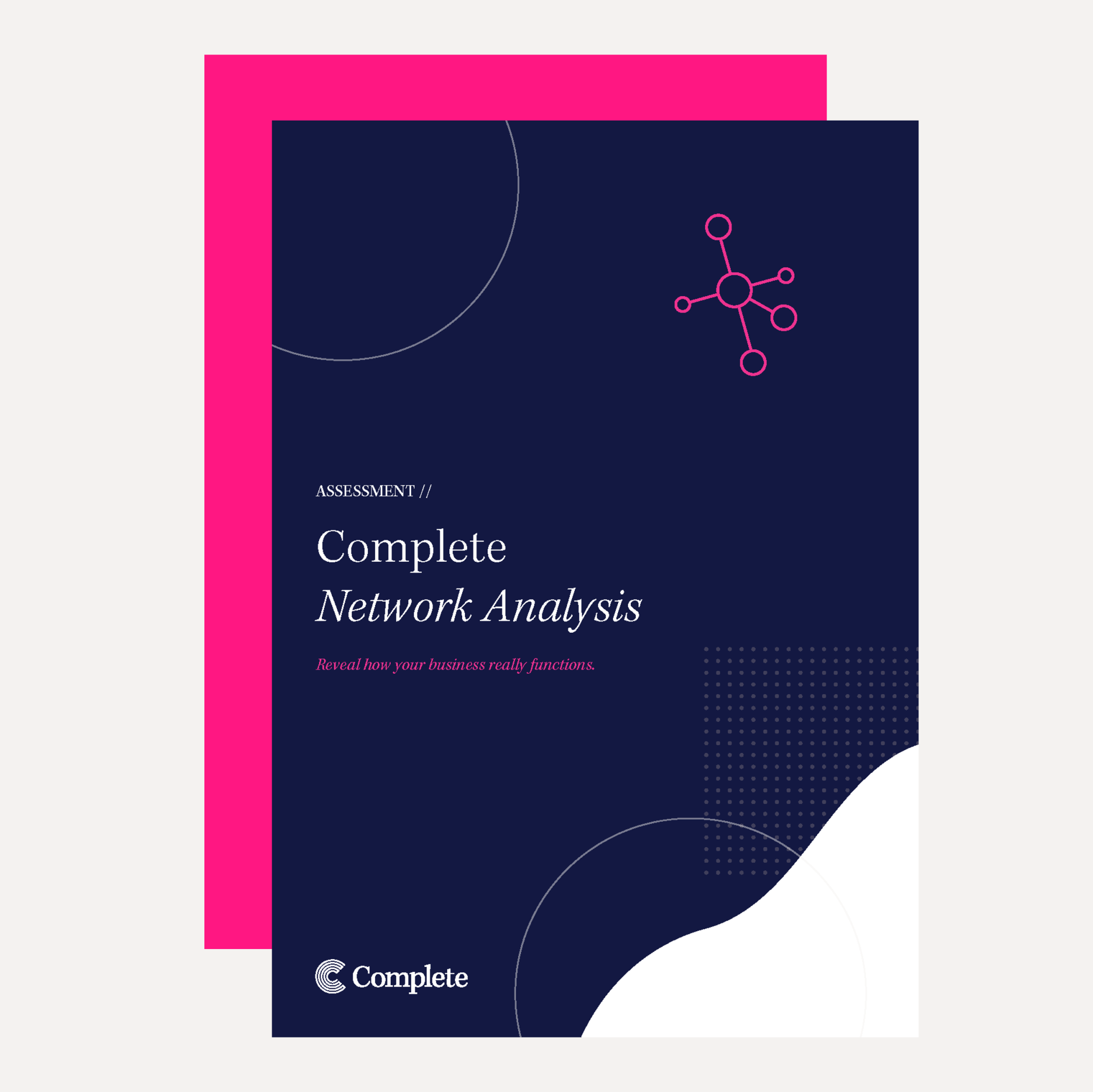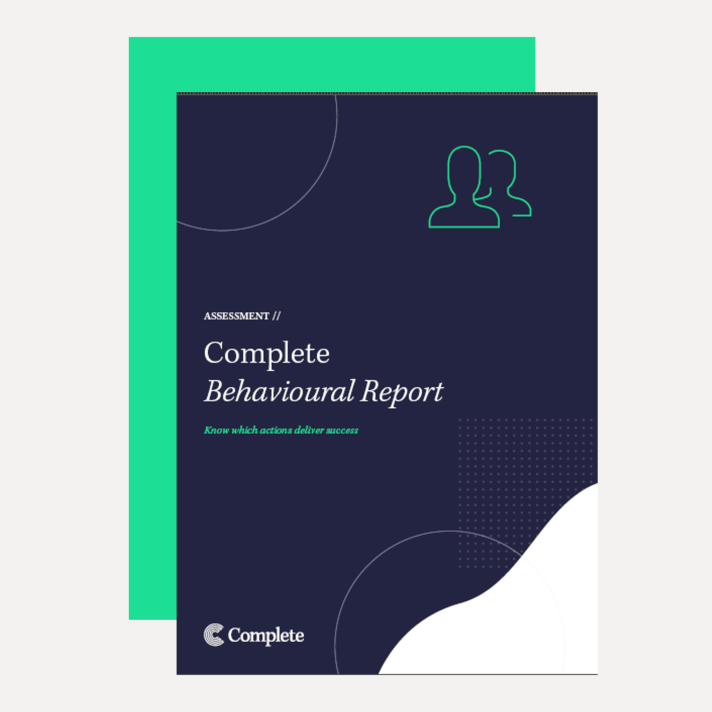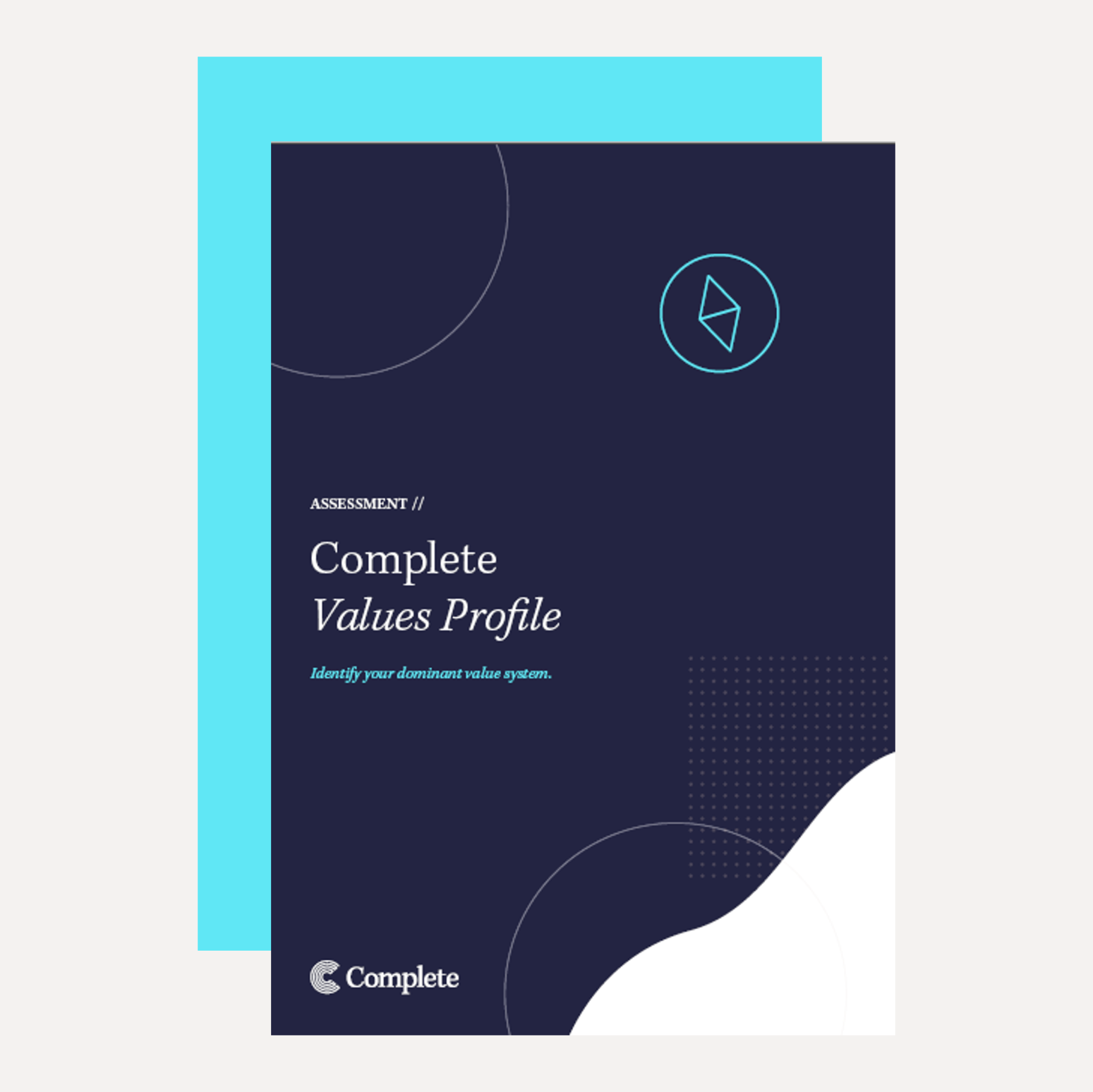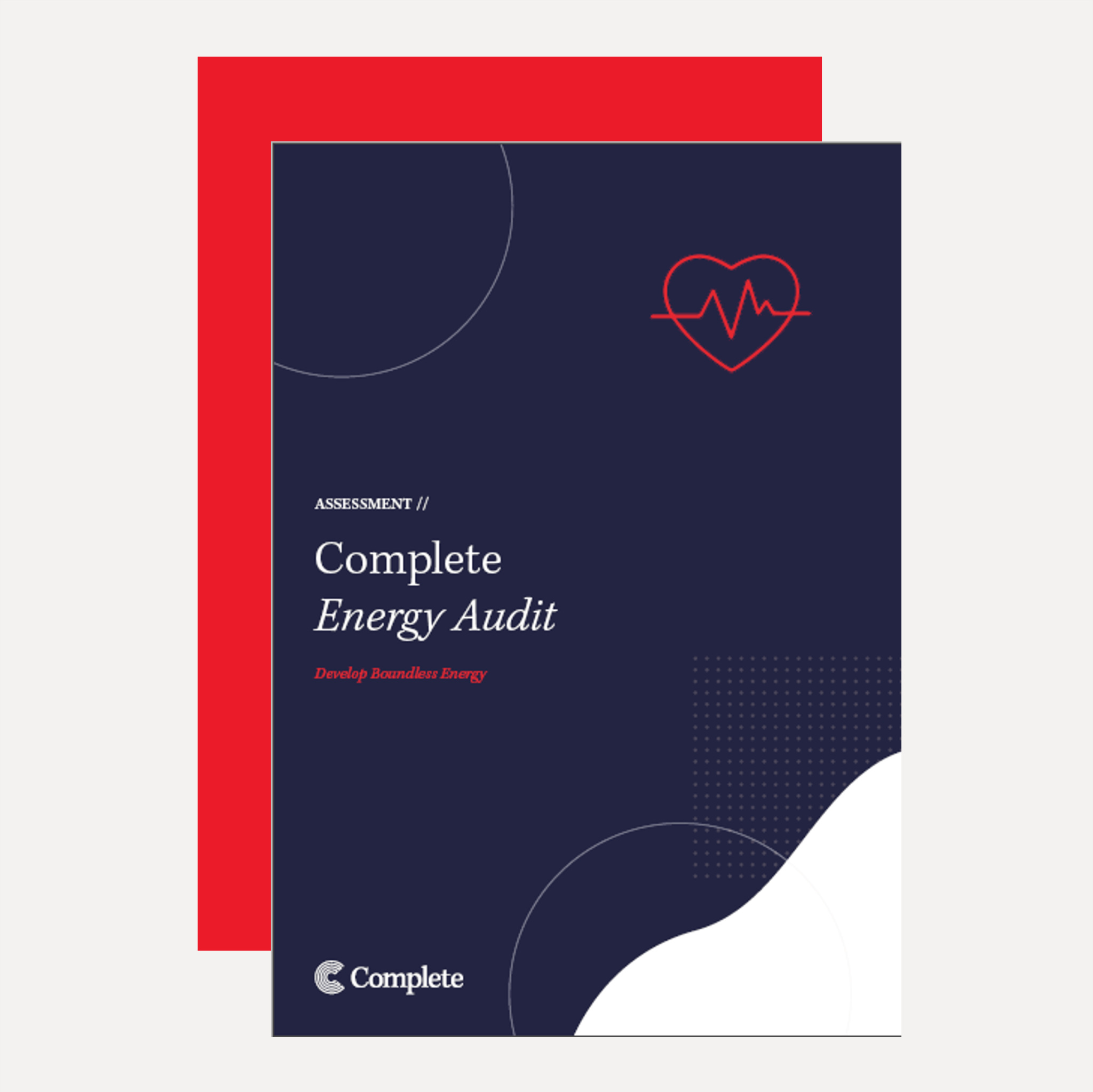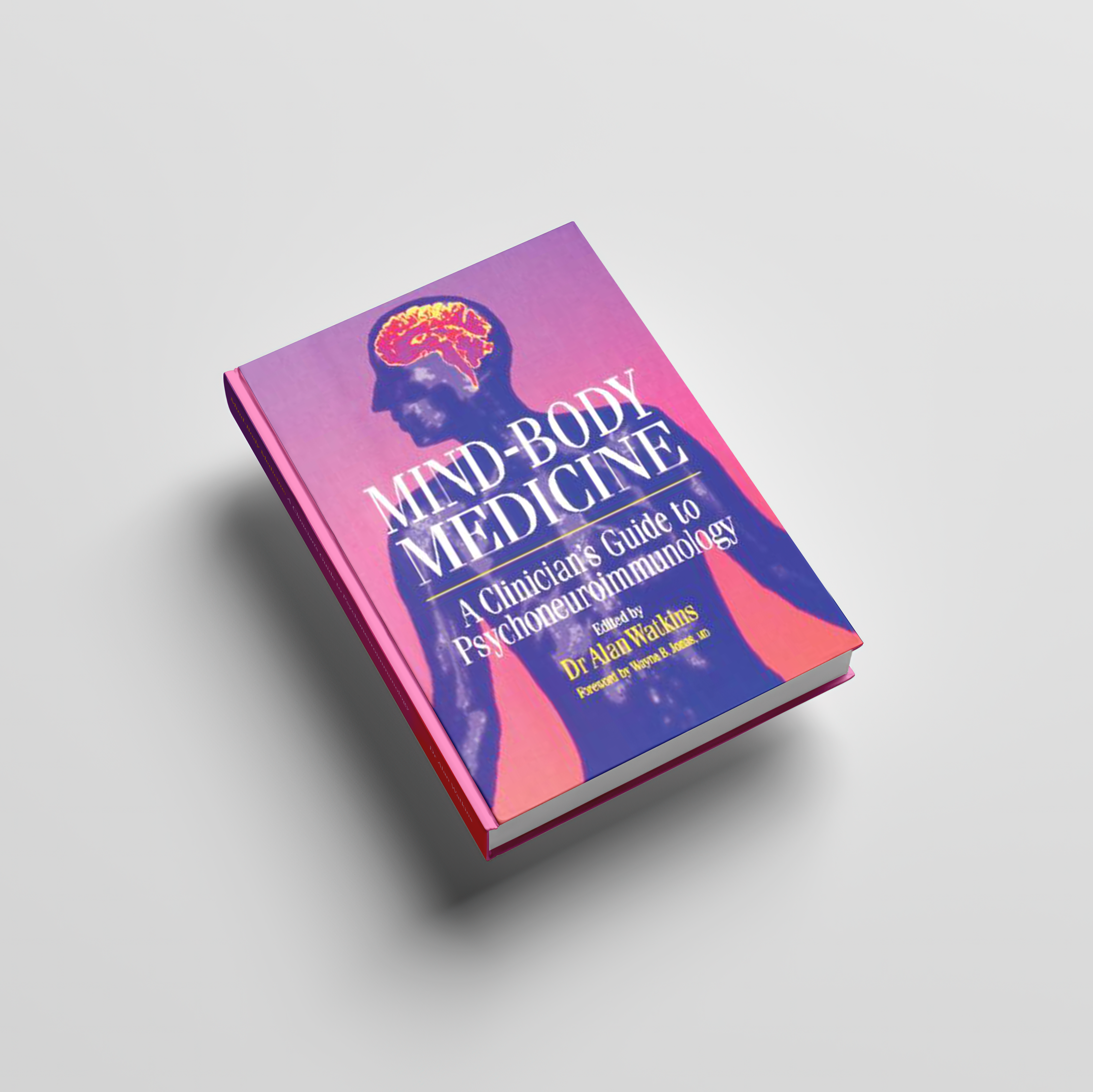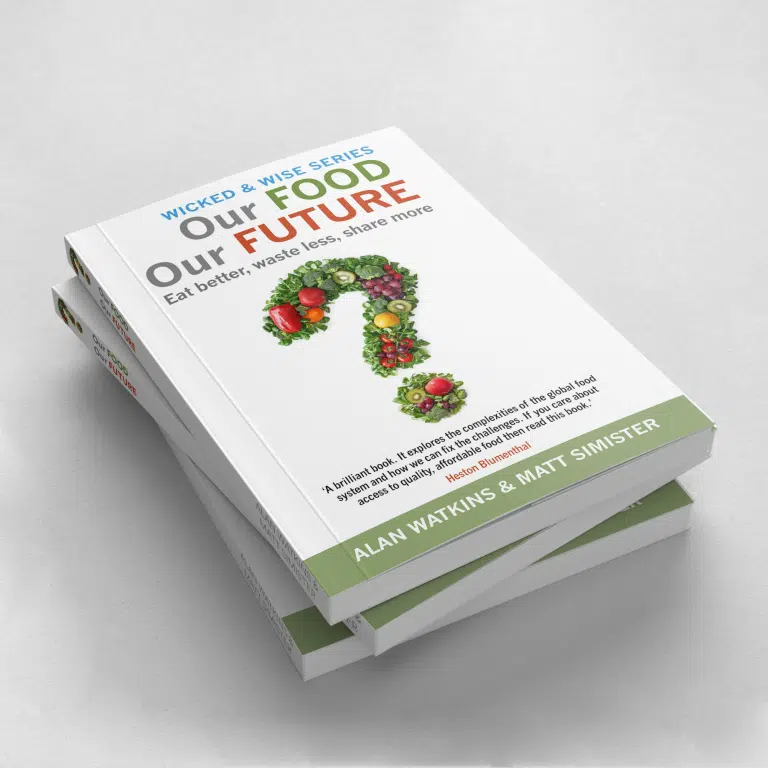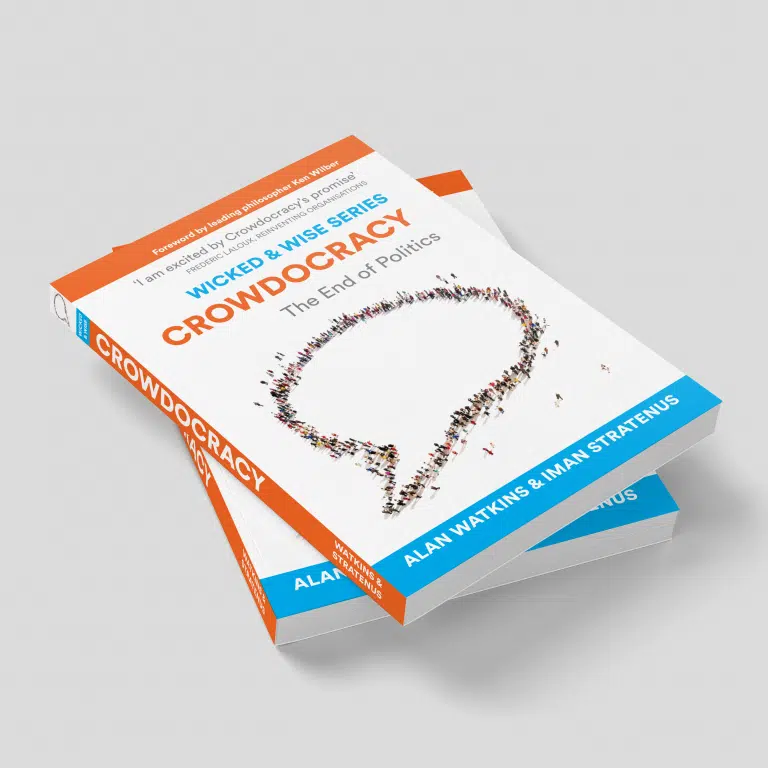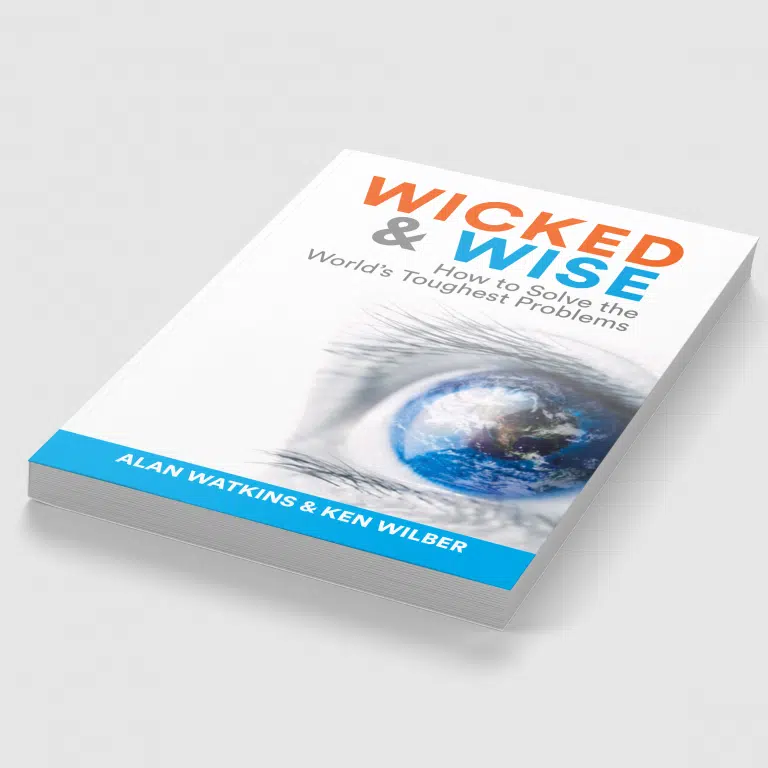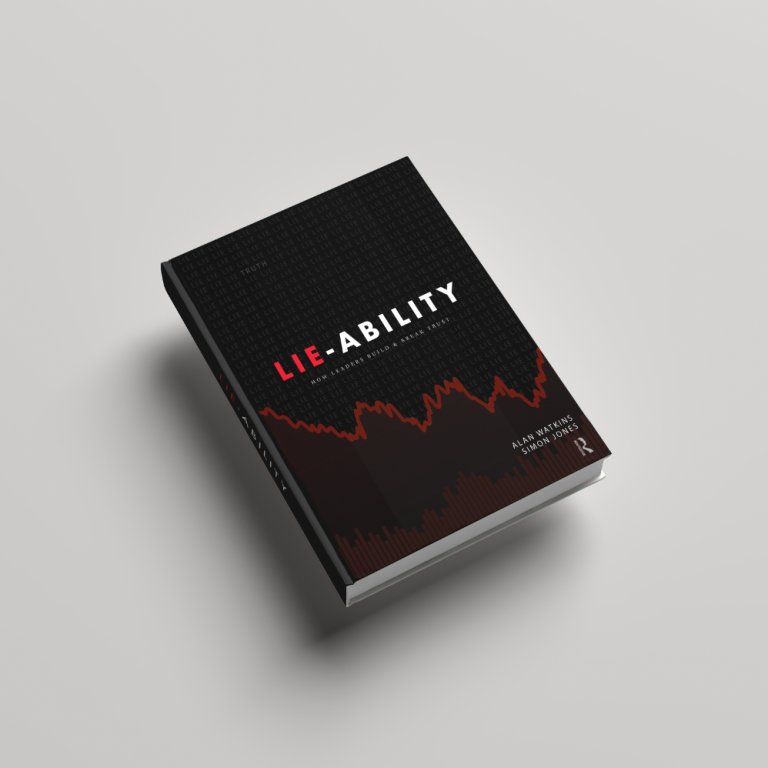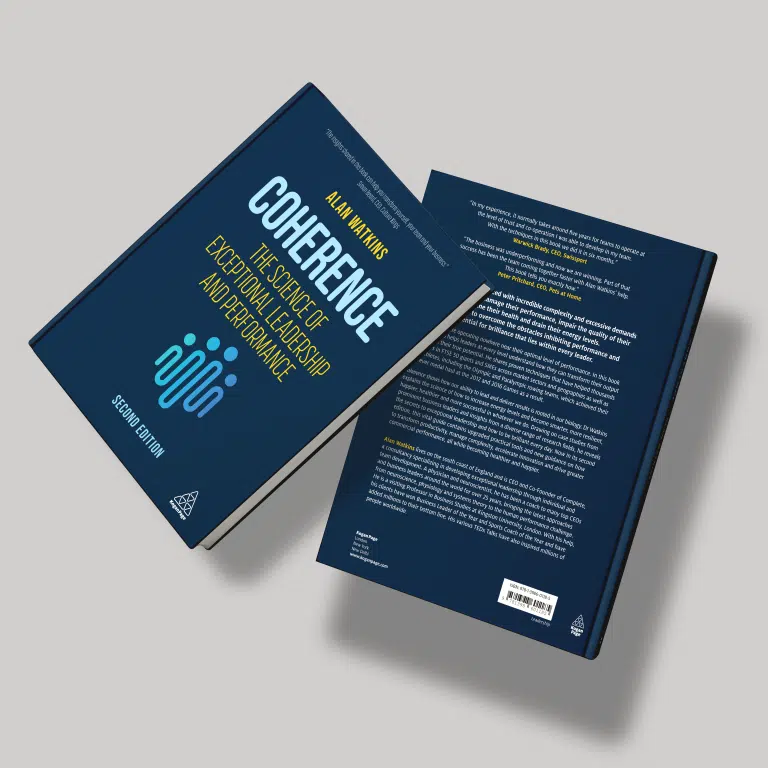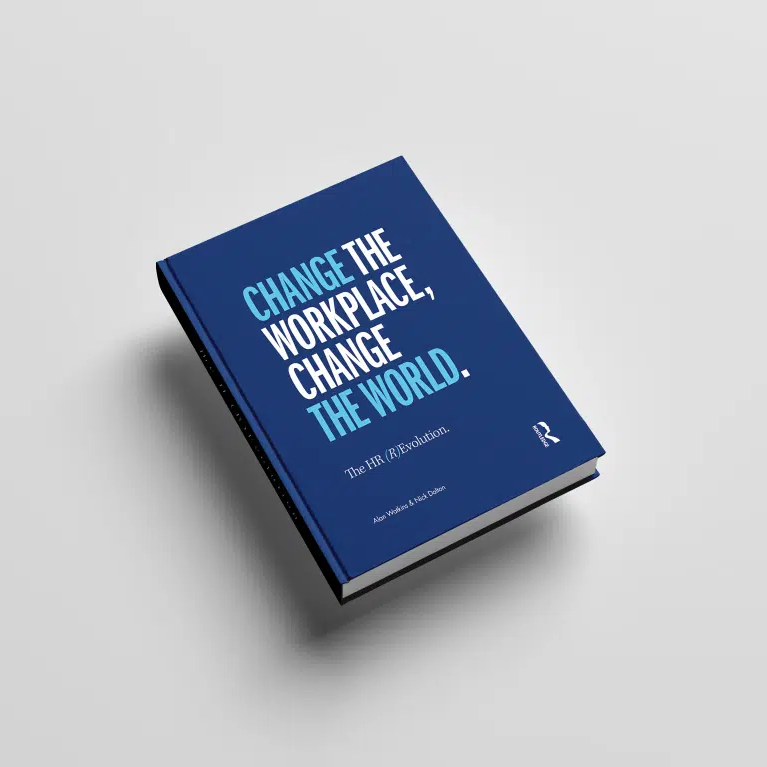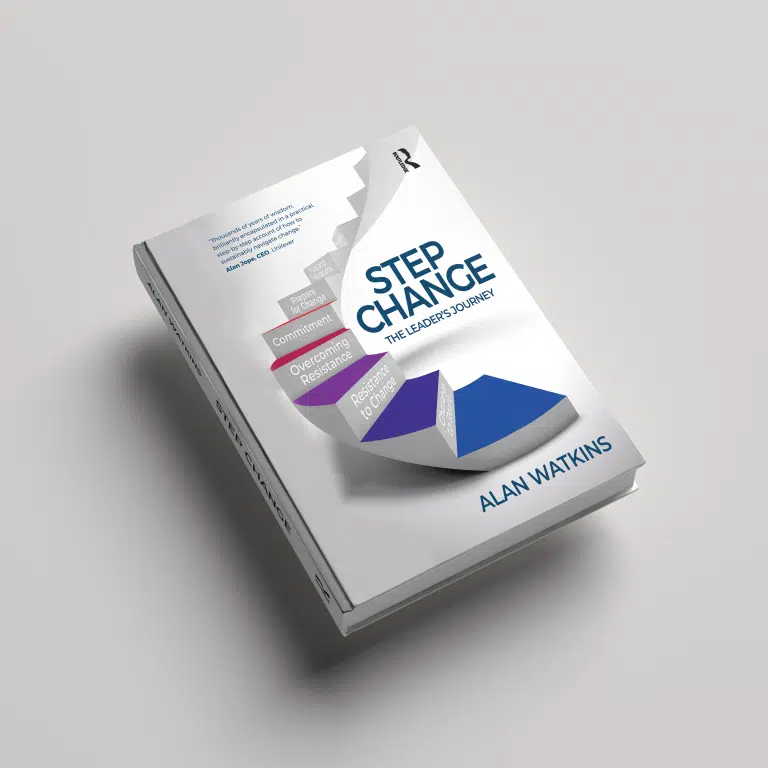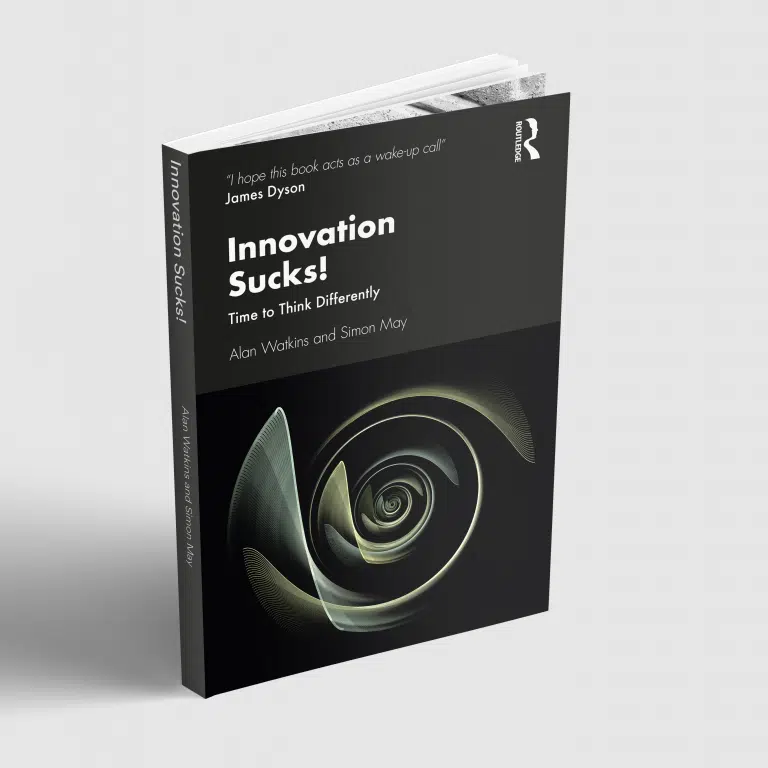Back in October I shared my lifelong love of nature and how it is a vital source of energy and wellbeing for me. This month there are three UN sponsored days focused on the natural world and I’d like to explore how to harness this wellbeing impact over a series of articles.
Today is World Wildlife Day which this year is focused on the theme of recovering key species for ecosystem restoration. Conservation of species is important because the natural world is made up of delicately balanced interlocking ecosystems. The disappearance or decline of one species can radically alter the resilience of the entire system. The human system is quite similar – our personal resilience has many interlinked components that need nurturing.
Like many during the pandemic I found time in nature was restorative and a key part of my ability to stay resilient. Spending time outdoors rekindled my love of wildlife and brought my inner teenage amateur naturalist out of hibernation! Even living in urban London in the midst of lockdown I found that there was plenty of wildlife to enjoy – fox cubs chasing each other round the people-free communal garden, goldfinches twittering in the trees of my road and blue tits nesting under our roof!
If you pay attention and stay in the moment, you’ll notice that the outer landscape of nature creates a response in our inner landscape of emotions. The first day out of lockdown I walked in our local park and saw a kingfisher flash past in a blaze of blue and orange – it was a joyful moment! Most of all I came to feel a deep sense of appreciation for the wildlife that had reclaimed the quiet streets and canal paths at that time.
Why does this matter? When we feel positive emotions, we generate a biochemistry within us that is a natural antidote to the stressed, cortisol-laden negative emotions. When we replace stress hormones with performance hormones, we improve our health, we feel more energised, and we can think more clearly. Imagine that you feel the emotion of ‘appreciation’ more often than you feel ‘worried’ and you’ll get a sense that what I am claiming is true.
So where can you start to unlock these wellbeing impacts? The first step is to improve your ability to be aware of emotions. When you are out in nature – even just your local park or on the street – notice the wildlife all around you. Turn your attention inwards. How is your emotional state changing? Is the energy of it increasing or decreasing? Does it feel energising or calming? What is the sensation and movement of it? Maybe it feels uplifting, quiet or exciting.
The natural world is a wonderful stimulus for positive emotions, but of course you can use anything you like. During the pandemic many of us experimented with new ways to boost our personal wellbeing – music, reading, art or cooking all work too. Once we’ve found the activity that makes us feel good, we can tune in better to what’s happening and generate a bigger wellbeing impact.
As you become more aware of your emotional response, you can start to distinguish between emotions and become more emotionally literate. This sets the stage for being able to navigate the ‘universe of emotions’. More on that in the next article on 21st March the International Day of Forests.

